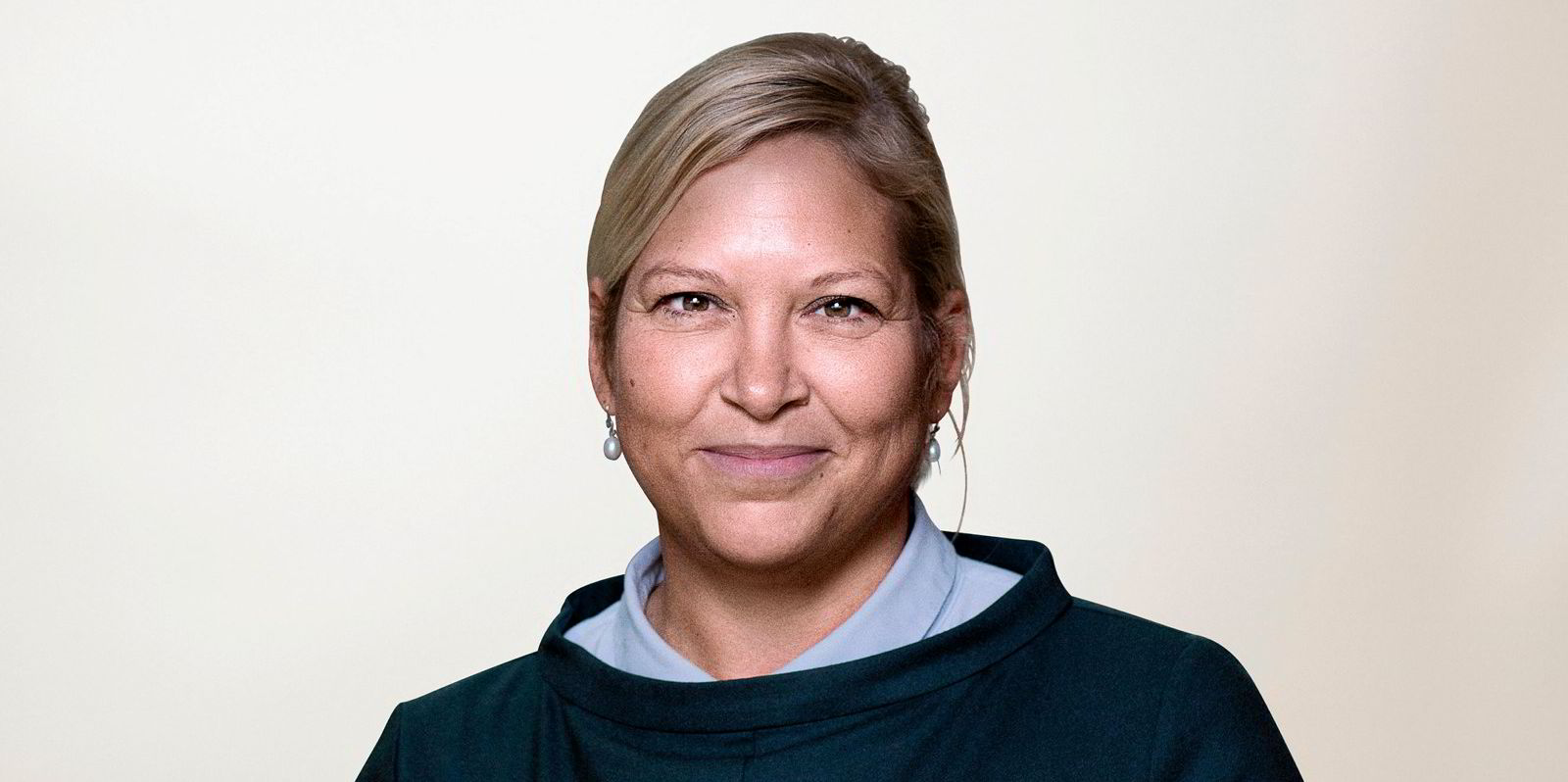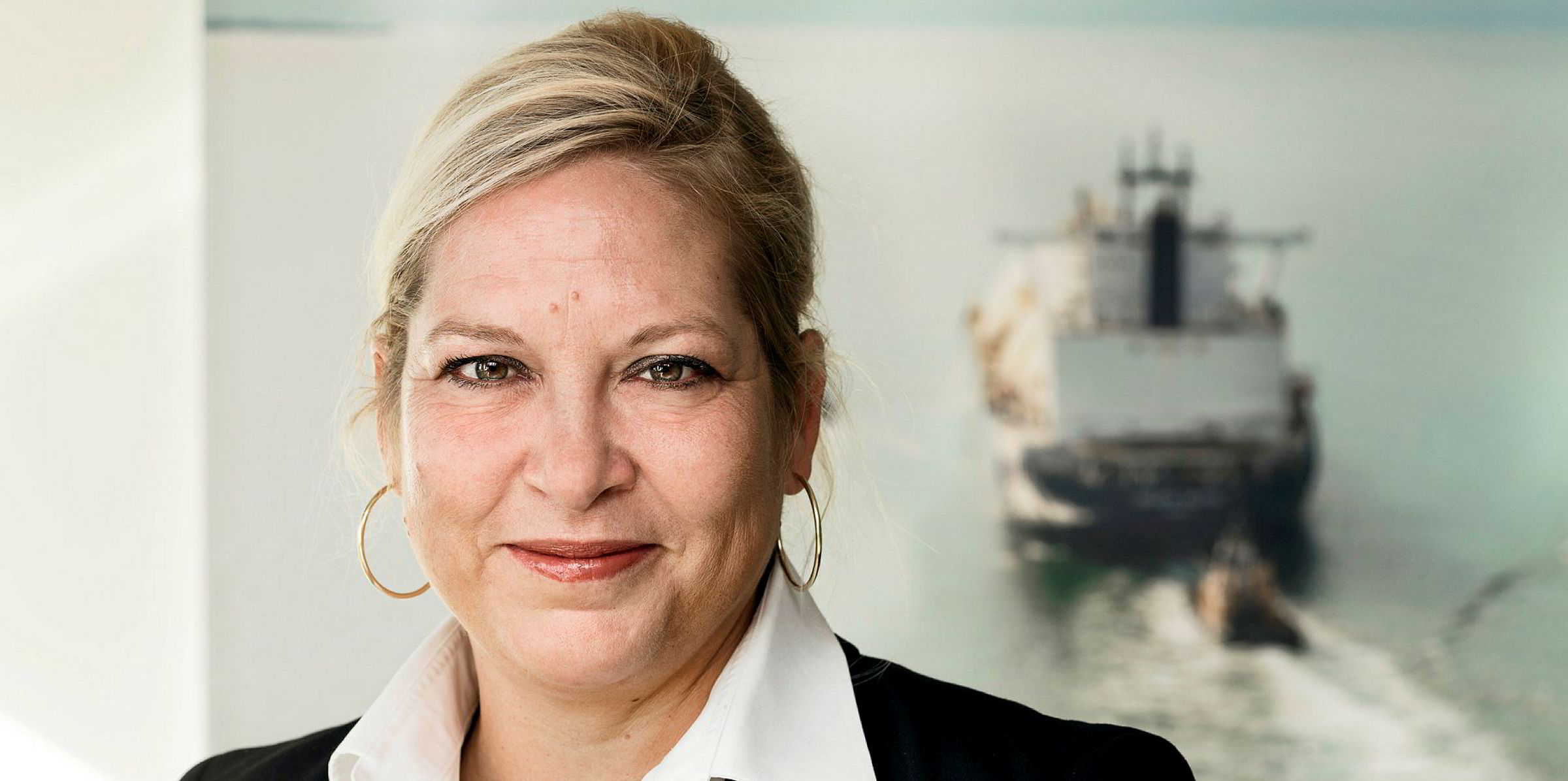Many see the silver lining of the Covid-19 pandemic as being the fall in greenhouse gas emissions.
At AP Moller-Maersk, we want to make sure we build on this positive development for long-term impact and do not push action to combat climate change to the backburner.
After a year like no other, TradeWinds asked 40 shipping industry stakeholders what they see for 2021 after a year beset by the coronavirus, and how the pandemic will shape shipping's future.
There is a very real sense of urgency in curbing shipping’s emissions, and we cannot afford to take a detour now but must focus on net-zero fuels today. Post-Covid-19 recovery policies should support further progress towards innovation.
One-fourth of our top-200 customers are leading the zero-carbon transition by setting emissions-reduction targets through the science-based targets initiative, and many others have ambitious goals to reduce their footprint.
As the largest global container shipping and logistics company, they expect us to play a leading role in supporting this change. By cutting our own emissions, we help our customers reduce the carbon footprint of their supply chains.
Maersk urges an open discussion on longer-term measures to start in 2021 — measures that actively incentivise investment in green fuels such as alcohols, alcohol-lignin blends and ammonia.
In this sense, Covid-19 can be a catalyst for more green energy, and regulators and governments should pursue the broader agenda of a green post-pandemic recovery.
Decarbonising and digitalising
Next year will still be marked by major uncertainties but Maersk will keep focusing on responding to our customers’ main demands. This means decarbonising and digitalising the solutions we offer.
The establishment of clear industry data standards is key to unlocking the enormous potential of new technologies such as artificial intelligence and TradeLens (the neutral blockchain-enabled digital container logistics platform).
Maersk’s new digital supply chain management has proven its worth during the Covid-19 crisis. It has enabled us to cater to customers’ needs in volatile times and provided resilience to keep supply chains running despite capacity and travel restrictions.
Covid-19 has accelerated many of the supply chain trends we already saw before the pandemic, and proved the need for robust and reliable supply chains.
Therefore, I cannot help but end by showing our unequivocal support to the UNCTAD call to designate seafarers as essential workers.
They are the ones who have kept global trade moving throughout the pandemic, reducing the economic impact of the crisis while ensuring people have access to the food, medical equipment and daily comforts they need.
It is time for the international community to recognise their essential contribution to society and accommodate the needs of our heroes at sea.






